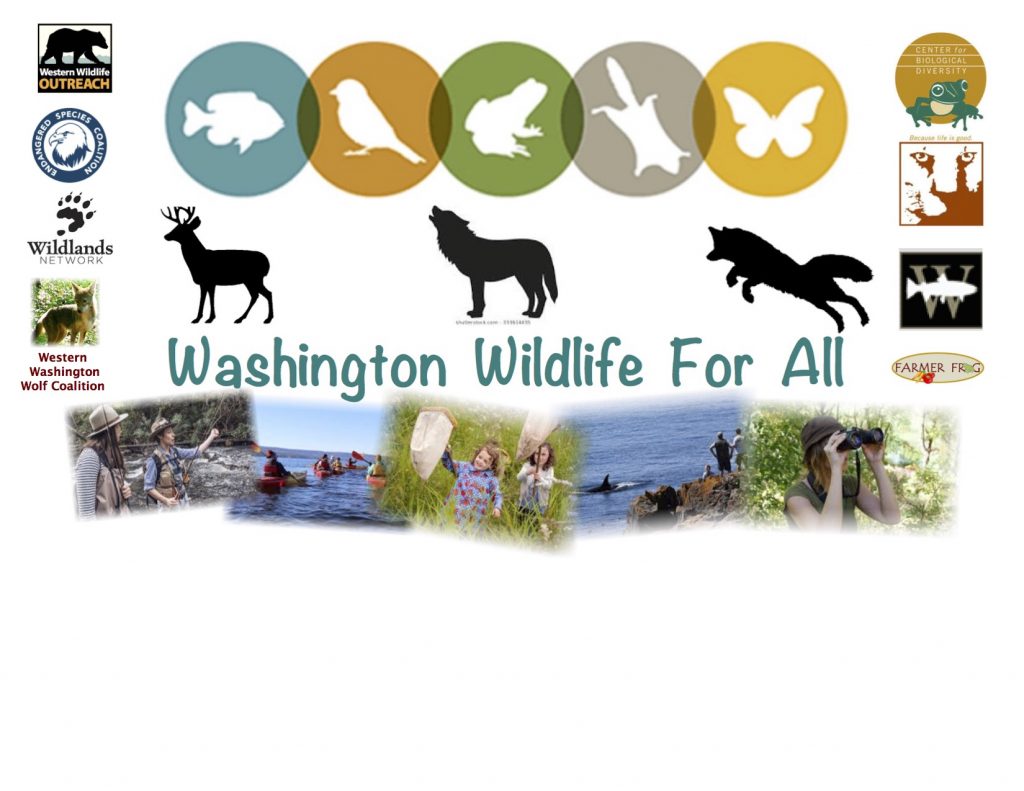In the early years of the last century, many states began to realize that once-abundant wildlife populations were succumbing to human pressure from over-hunting, from habitat loss, and from government-sponsored programs aimed at eradicating species viewed as harmful to farmers and ranchers such as mountain lions, grizzly bears, Bald Eagles, coyotes, and many other predatory species.
In 1937, with the passage of the Pittman-Roberston Act at the prompting of Ducks Unlimited, a federal source of funding for wildlife management programs was created to be passed on to the States, based on a tax on the sale of firearms and ammunition. This created a substantial additional source of revenue for States, which could be added to the income from the sale of hunting licenses. Because the funding came primarily from hunters in those years, the management and conservation of wildlife had a definite emphasis on hunted species. Most States established hunting seasons and take limits for waterfowl, upland birds, deer, elk, bear, and others species hunted for either food or sport. Because their was little perceived benefit from all the other non-hunted species, single-species management became the norm, with by far the majority of State resources being funneled to hunted species.
Fast forward to today. Many things have changed in our world and most species are experiencing the effects of urbanization, forest harvest, polluted rivers, habitat loss and fragmentation and other human-caused impacts. More species than ever before are headed towards extinction. However, even though the source of funding for wildlife has shifted from reliance on Pittman-Robertson dollars and the sale of hunting licenses and tags, to include general fund sources of revenue and federal dollars from programs like the Land and Water Conservation Fund, management of non-hunted species still lags far behind in terms of dollars spent and resources allocated. Therefore, the decline of many non-hunted species is rapidly occurring during a time when habitat loss and degradation is accelerating.
All Washingtonians enjoy and benefit from the State’s diversity of wildlife. Whether you are a hiker, photographer, birder, kayaker, enjoy wildlife tracking, or simply listening to the songs of birds, you are a participant. You interact with wildlife. You enjoy a benefit. You have a stake in wildlife’s future.
You can help turn the tide. Learn what individuals and groups can do to address this increasing problem of equity and funding for wildlife programs. Please join us Tuesday, December 12th at the Issaquah Fish Hatchery to find out what conservation groups are doing to help wildlife and to establish a new direction in wildlife management. Tickets to Wildlife for All are free and can be reserved here.

